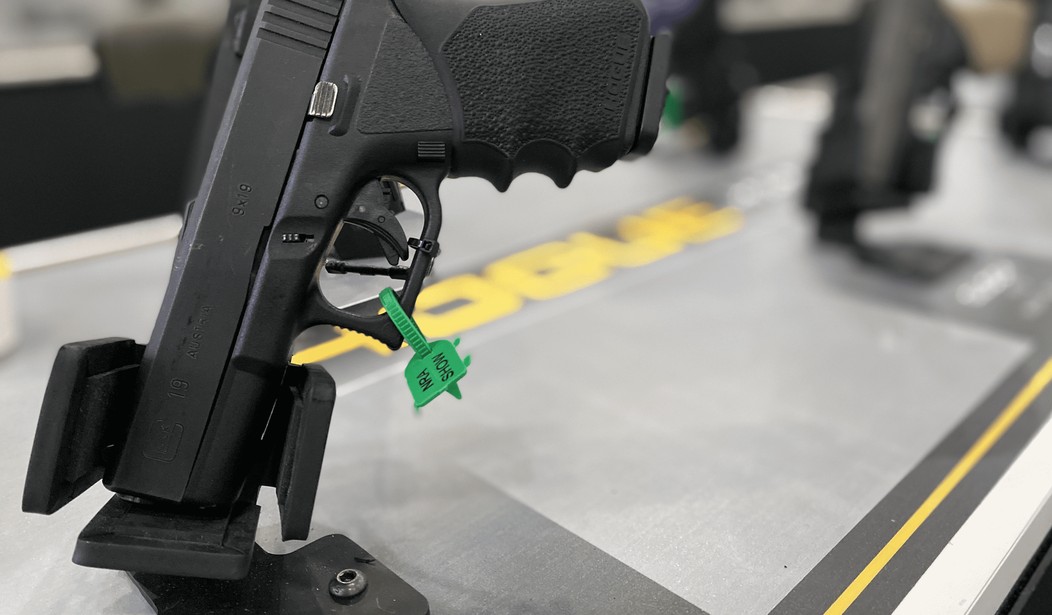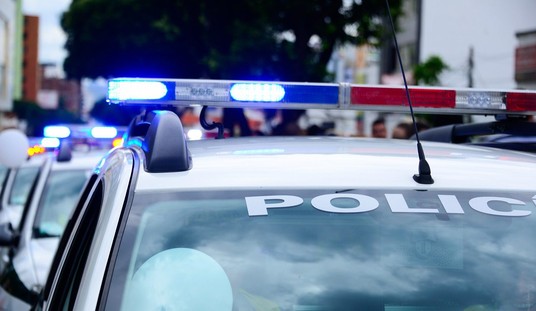One of the quirks of the many gun control laws in California is the state’s “handgun roster”; a list of handguns that have been approved for sale by the state’s Department of Justice. For nearly a decade there have been no new handguns approved at all, thanks to the state’s “microstamping” mandate, while hundreds of previously approved models have been removed from the roster.
In fact, the state approved a tweak to the handgun roster rule not long ago requiring CalDOJ to remove three guns for every new firearm approved for sale, which will only serve to speed up what amounts to a slow-motion gun ban.
Now, however, the California Rifle & Pistol Association is challenging the constitutionality of the handgun roster. In a new lawsuit filed in federal court, the CRPA alleges that the state law violates both the Second and Fourteenth Amendment rights of California residents, and calls on the court to put an immediate halt to the state’s enforcement of the statute.
“Californians have long been held hostage under the state’s arbitrary determination of what is or is not a “safe handgun” while the rest of American enjoys the freedom to own commonly used firearms,” stated CRPA President & General Counsel Chuck Michel. “Today, CRPA moves to end those restrictions and restore freedom to Californians.”
The filing points out how many Americans are exercising their Second Amendment rights for purpose of self defense in light of the “unsettling and increasingly commonplace failure and even unwillingness of the authorities to suppress civil unrest, respond to active threats, and maintain order”. Barring law-abiding citizens access to the latest in firearm technology limits the ability of those citizens to protect themselves, their families, and their property.
As the lawsuit points out, California’s law doesn’t even make sense from a gun control perspective. While no new models of handguns have been made available for sale to consumers since May of 2013, supposedly because they’re “unsafe” since they lack microstamped parts, some government agencies are exempt from the law, which means some state employees are walking around with firearms the state itself has deemed “unsafe.” To the CRPA, this is clear evidence that the Unsafe Handgun Act has nothing to do with actual safety and is instead meant to chill the exercise of a constitutionally-protected right.
Plainly and simply, California’s requirement that handguns, semiautomatics especially, be equipped with specific technological features that no manufacturer offers is an unconstitutional infringement of Plaintiffs’ Second Amendment rights.
In addition to violating the Second Amendment,the UHA also violates the Dormant Commerce Clause. The federal legislature’s exclusive power to regulate interstate commerce pursuant to theCommerce Clause of the United States Constitution prohibits states from enacting laws that pose undue burdens on interstate economic activities and that discriminate against interstate commerce.
California’s UHA discriminates against interstate commerce because prohibiting primary market acquisition of all “unsafe” firearms but allowing acquisition of them via private party secondary market transactions favors wholly intrastate sales while discriminating against interstate commerce in identical handguns.
Under the test laid out by the Supreme Court in Bruen, it’s up to the state of California to show that the Unsafe Handgun Act comports with the constitution, and Attorney General Rob Bonta is going to have to point to some sort of historical analogue to the law in American history in order for it to be upheld. In the complaint, the CRPA says that’s not likely to happen.
”The UHA prohibits California’s general public from acquiring a significant number of popular and common models of handguns that Americans own nationwide for the purpose of lawful self-defense. There is no legitimate and genuine historical analogue for the UHA. The UHA therefore unconstitutionally infringes Plaintiffs’ Second Amendment right to keep and bear arms.
Moreover, because the handguns that have been allowed to remain on the Roster despite not having the full suite of features required to make them “safe” continue to be sold in unlimited numbers, and because a number of government employees who work for an ever-expanding list of government agencies may purchase so-called “unsafe” handguns, the UHA fails to materially achieve any purported public safety objective.
Because there is not a single commercially available firearm in the United States, or even globally, that has microstamping technology as of the filing of this complaint, California’s hypothesis that the UHA would foment a technological revolution in firearm microstamping technology and widespread adoption of the technology has proven incorrect
The only measurable result of California’s experiment is the artificial constriction of the marketplace for the quintessential Second Amendment protected firearm, which leaves California’s handgun marketplace in a time warp that in some respects, already resembles Cuba’s automobile market.
Por California libre!
I’m so glad to see California’s handgun roster challenged in court, and while I’m sure the state will throw out every excuse it can in their attempt to keep the law in place, I think the CRPA has a very strong case. It’s high time that this unconstitutional statute was stripped from the books and law-abiding Californians have their right to acquire commonly-owned and popular handgun models restored to them. As the CRPA has demonstrated, this law serves no legitimate public safety interest, and I’m hopeful that judge overseeing this case will grant the CRPA’s request for an immediate halt to enforcement and restore some of the Second Amendment liberties that have been stripped from Californians over the previous decades.









Join the conversation as a VIP Member